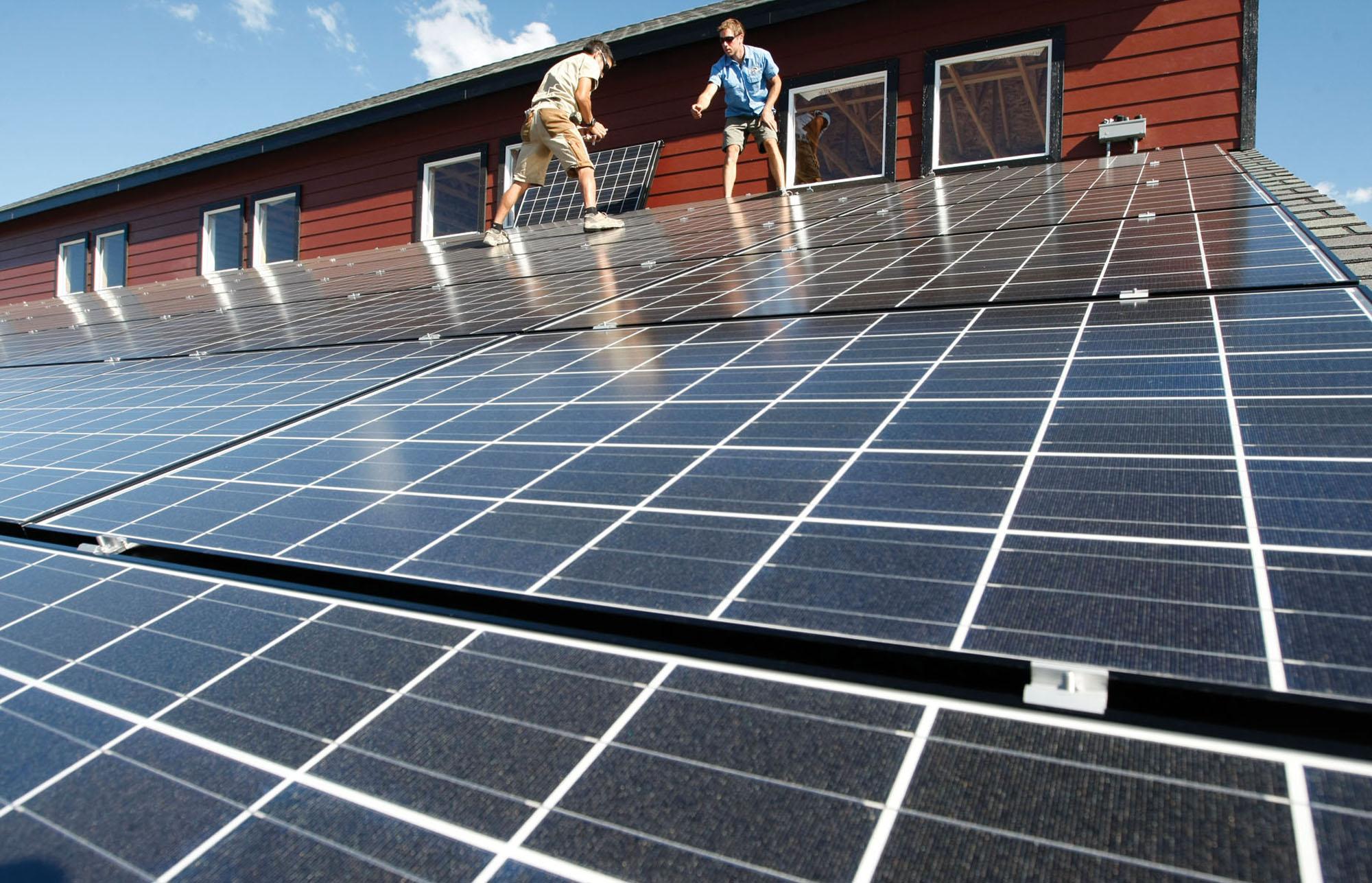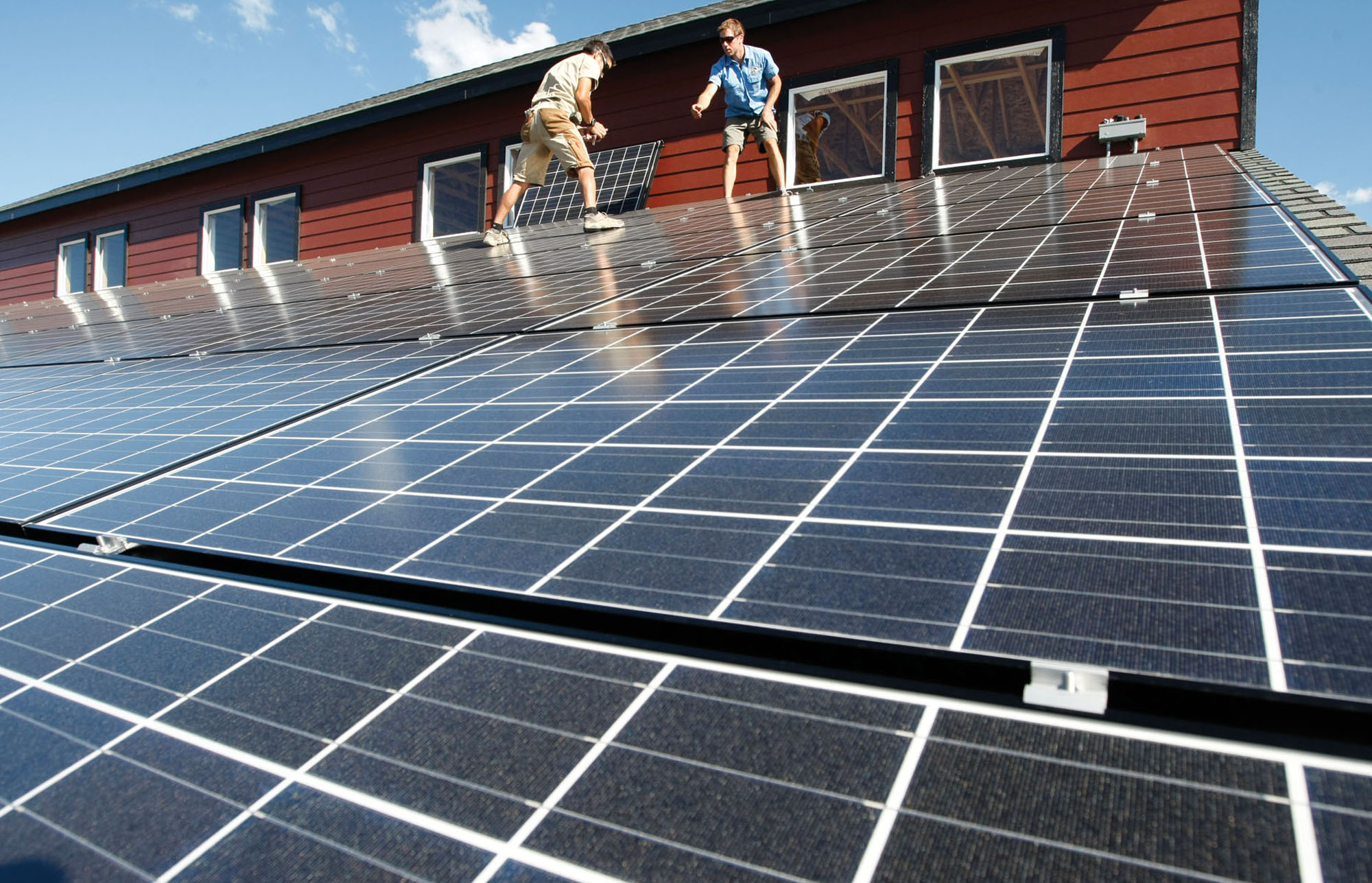

Fall 2017 was a dark and uncertain time for many in the solar industry. Worries about Donald Trump imposing a tax on imported panels had already started to drive up the cost of solar across Colorado and other states.
“We didn’t have to worry about doing layoffs. We just didn’t have as much revenue or as much business as we wanted,” said Charlie Wilde, the founder of Denver-based Ecology Solar. “But right after the first of the year we’ve seen an uptick. I’m cautiously optimistic about this year.”
Colorado's solar industry has some good news: Jobs here in solar energy increased by 13 percent in 2017. The state ranks ninth nationally for solar jobs, according to a census by The Solar Foundation — one of the most comprehensive examinations of jobs in the industry. The Bureau of Labor Statistics does not track solar jobs in any comprehensive way.
Ed Gilliland, the foundation’s senior director, said the Centennial State is historically “one of the stronger states in the country.”
Overall, solar jobs declined across the United States 3.8 percent. Leading that loss is California, which saw policy and economic challenges. While California is far and away the largest market for solar jobs, and Colorado is a fraction of the size, the solar jobs census found “an increase in jobs across the board for Colorado for 2017,” Gilliland said.

Colorado’s growth was fueled by the state’s renewable portfolio standard and relatively new products like community solar.
The 2018 outlook doesn’t look better compared to 2017 though. With the Trump decision on solar panel tariffs, the Solar Energy Industries Association estimates another 23,000 jobs lost.
“And so it will very easily result in a decline in jobs in 2018 and into 2019,” Gilliland pointed out.
State-level policies matter when it comes to solar growth which may give Colorado what it needs to weather a rough patch. Other favorable factors include Gov. John Hickenlooper’s Climate Action Plan to reduce greenhouse gases, and Xcel Energy’s continued thirst for renewable energy. The utility seeking to boost renewable energy to 55 percent over the next eight years.









